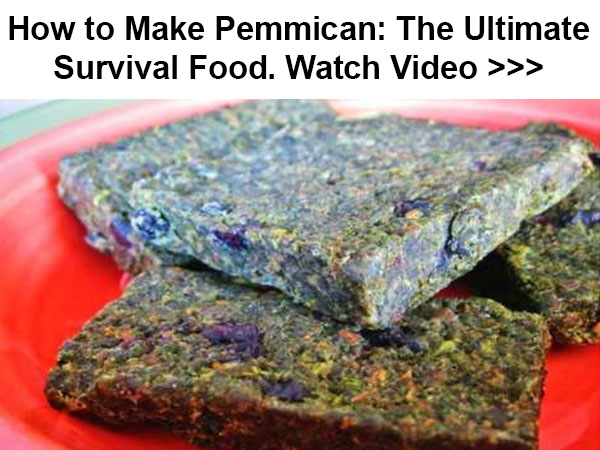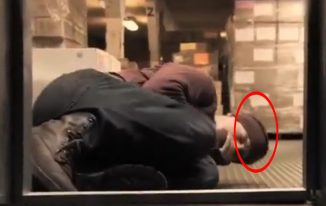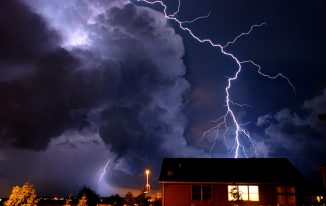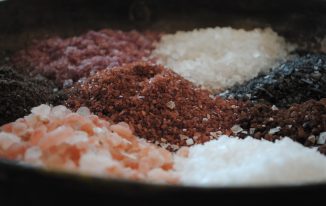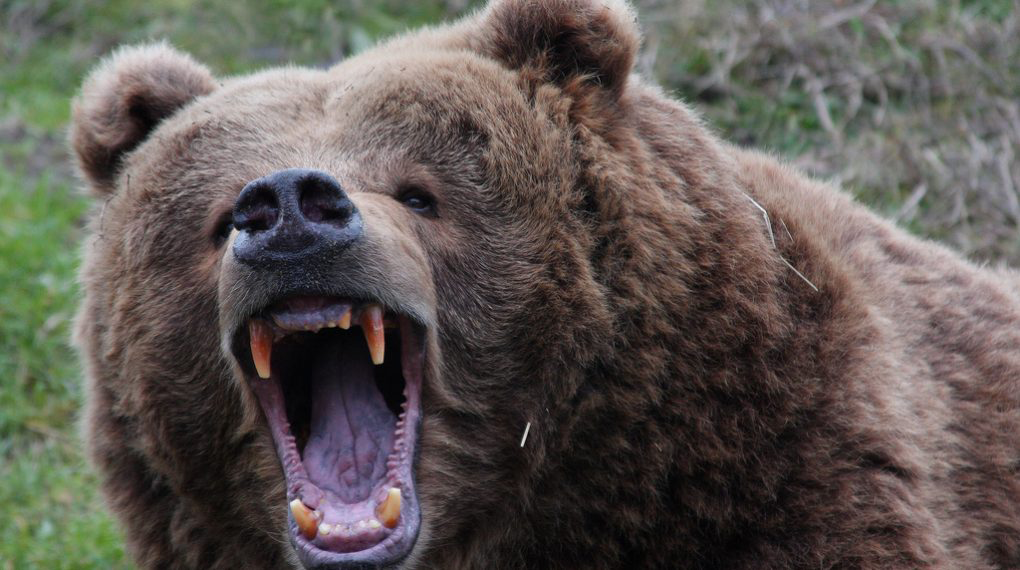 Image courtesy of: jayhoc
Image courtesy of: jayhoc
As a survivalist, we are trained to be prepared for any eventuality of a SHTF situation. A major part of being prepared is arming ourselves with some of the best knowledge that we can get hold of in order to survive.
As I was doing some research about accidental deaths and how to avoid them, I came across this great article on Popular Mechanics (of all places!) which I thought was so applicable to preppers and people living off the grid.
The article talked about accidental deaths, most of which are avoidable … that is if you know how to recognize the inherent risk associated with these situations.
I only pulled some of the survival tips which I thought survivalist might find really useful especially when it comes to protecting us not only in the wild but also in our very own home.
Below are the 9 important survival tips you must know to avoid accidental death:
- Outsmart Wildlife.
If you come face-to-face with a wild animal, the natural response is to bolt, but that can trigger the animal’s predatory instinct. On July 6, 2011, Brian Matayoshi, 57, and his wife, Marylyn, 58, were hiking in Yellowstone National Park when they came upon a grizzly bear and fled, screaming. Brian was bitten and clawed to death; Marylyn, who had stopped and crouched behind a tree, was approached by the bear but left unharmed.
STAT: Each year three to five people are killed in North America in wild animal attacks, primarily by sharks and bears.
DO: Avoid shark-infested waters, unless you are Andy Casagrande. As for bears, always carry repellent pepper spray when hiking; it can stop a charging bear from as much as 30 feet away. To reduce the risk of an attack, give bears a chance to get out of your way. “Try to stay in the open,” says Larry Aumiller, manager of Alaska’s McNeil River State Game Sanctuary. “If you have to move through thick brush, make noise by clapping and shouting.”
- Keep It on the Dirt.
On the morning of July 14, 2013, Taylor Fails, 20, turned left in his 2004 Yamaha Rhino ATV at a paved intersection near his Las Vegas–area home. The high-traction tire treads gripped the road and the vehicle flipped, ejecting Fails and a 22-year-old passenger. Fails died at the scene; the passenger sustained minor injuries.
STAT: One-third of fatal ATV accidents take place on paved roads; more than 300 people died in on-road ATV wrecks in 2011.
DO: Ride only off-road. Paul Vitrano, executive vice president of the ATV Safety Institute, says, “Soft, knobby tires are designed for traction on uneven ground and will behave unpredictably on pavement.” In some cases, tires will grip enough to cause an ATV to flip, as in the recent Nevada incident. “If you must cross a paved road to continue on an approved trail, go straight across in first gear.”
- Don’t Hold your Breath.
If you want to take a long swim underwater, the trick is to breathe in and out a few times and take a big gulp of air before you submerge. Right? Dead wrong. Hyperventilating not only doesn’t increase the oxygen in your blood, it also decreases the amount of CO2, the compound that informs the brain of the need to breathe. Without that natural signal, you may hold your breath until you pass out and drown. This is known as shallow-water blackout.
STAT: Drowning is the fifth largest cause of accidental death in the U.S., claiming about 10 lives a day. No one knows how many of these are due to shallow-water blackout, but its prevalence has led to the formation of advocacy groups, such as Shallow Water Blackout Prevention.
DON’T: Hyperventilate before swimming underwater, and don’t push yourself to stay submerged as long as possible.
- Keep your Footing.
One mistake is responsible for about half of all ladder accidents: carrying something while climbing.
STAT: More than 700 people die annually in falls from ladders and scaffolding.
DO: Keep three points of contact while climbing; use work-belt hooks, a rope and pulley, or other means to get items aloft.
- Ford Carefully.
A shallow stream can pack a surprising amount of force, making fording extremely dangerous. Once you’ve been knocked off your feet, you can get dragged down by the weight of your gear, strike rocks in the water, or succumb to hypothermia.
STAT: Water-related deaths outnumber all other fatalities in U.S. national parks; no specific statistics are available for accidents while fording streams.
DO: Cross at a straight, wide section of water. Toss a stick into the current; if it moves faster than a walking pace, don’t cross. Unhitch waist and sternum fasteners before crossing; a wet pack can pull you under.
- Stay Warm and Dry.
Cold is a deceptive menace—most fatal hypothermia cases occur when it isn’t excessively cold, from 30 to 50 degrees Fahrenheit. Wet clothes compound the effect of the temperature.
STAT: Hypothermia kills almost 1000 people a year in the U.S.
DO: Wear synthetic or wool clothing, not moisture-trapping cotton. If stranded, conserve heat by stuffing your clothes or shelter with dry leaves.
Read: Hot Tips To Avoid Hypothermia When Caught In Freezing Conditions
- Climb with Care.
Accidental shootings are an obvious hazard of hunting, but guess what’s just as bad: trees. “A tree stand hung 20 feet in the air should be treated like a loaded gun, because it is every bit as dangerous,” says Marilyn Bentz, executive director of the National Bow hunter Educational Foundation. Most tree-stand accidents occur while a hunter is climbing, she says.
STAT: About 100 hunters a year die falling from trees in the U.S. and Canada, a number “equal to or exceeding firearm-related hunting deaths,” Bentz says.
DO: Use a safety harness tethered to the tree when climbing, instead of relying on wooden boards nailed to the tree, which can give way suddenly.
- Use Generators Safely.
After Hurricane Sandy, many homeowners used portable generators to replace lost power, leaving the machines running overnight and allowing odorless carbon monoxide to waft inside. The gas induces dizziness, headaches, and nausea in people who are awake, but “when people go to sleep with a generator running, there’s no chance for them to realize that something’s wrong,” says Brett Brenner, president of the Electrical Safety Foundation International.
STAT: Carbon monoxide from consumer products, including portable generators, kills nearly 200 a year. Of the Sandy-related deaths, 12 were due to carbon monoxide poisoning.
DO: Keep generators more than 20 feet from a house.
- Beat the Heat.
A rock formation in Utah called The Wave is remote and beautiful, but also arid and sweltering. This past July a couple hiking the area were found dead after the afternoon heat overwhelmed them. Scarcely three weeks later, a 27-year-old woman collapsed while hiking The Wave with her husband and died before he could get help.
STAT: An average of 675 people die each year in the U.S. from heat-related complications.
DO: Carry lots of fluids, hike in the morning, and let people know where you’re going when trekking in the desert.
Thanks so much, Jeff Wise, for putting together this awesomely useful article.
If you care to read the complete article by Jeff Wise, you can find it right here.


